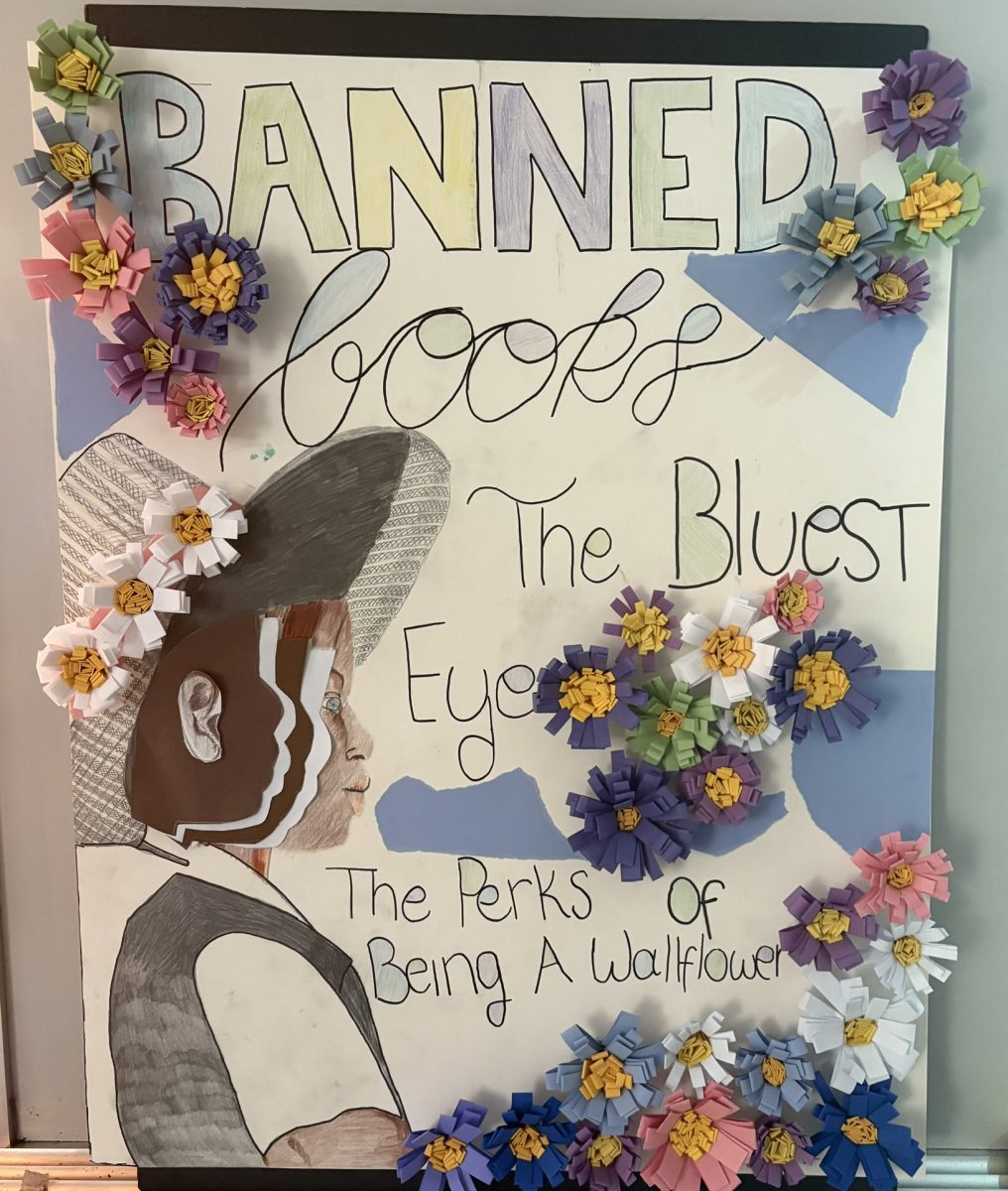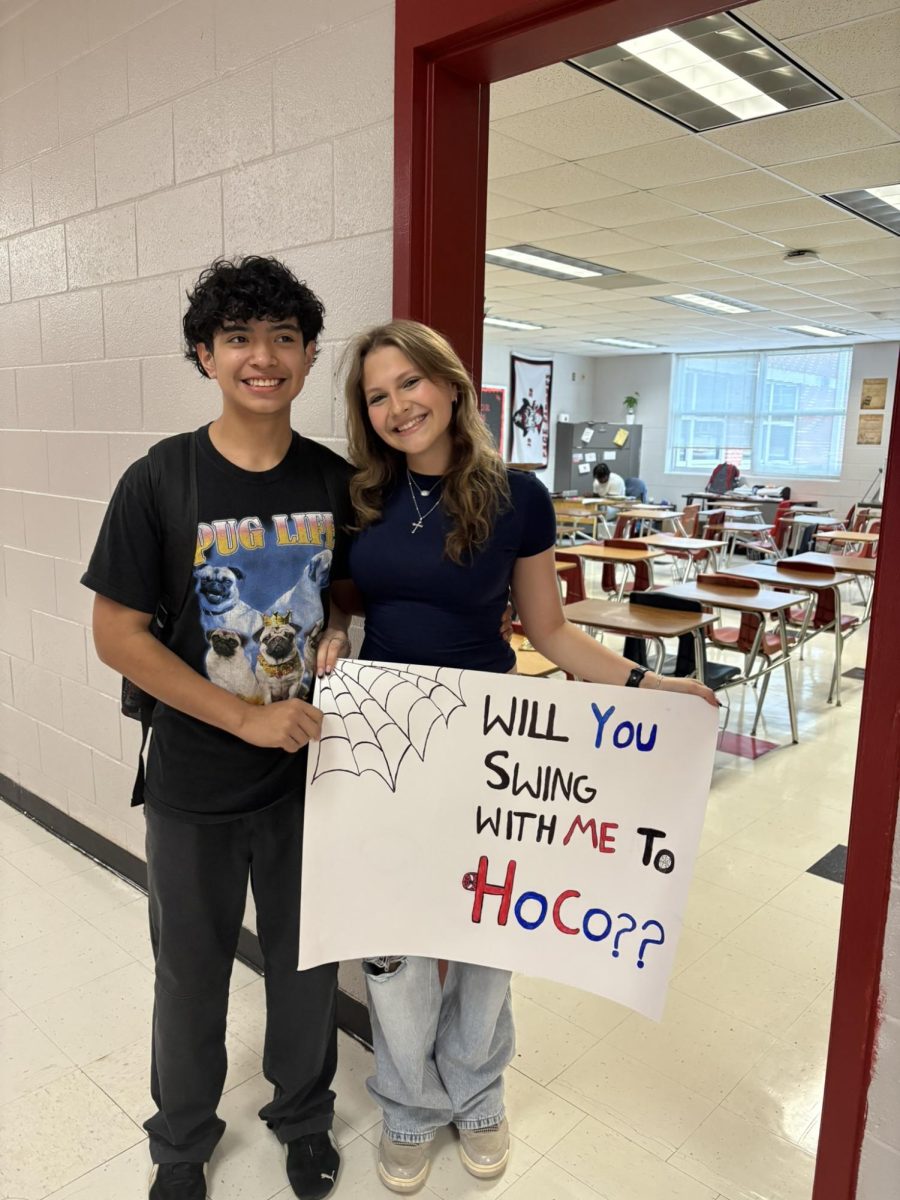Is consumerism poor for society? Do we as a community need to cut back on our wants to focus on our needs?
Of course we, as humans, cannot be expected to desire what we cannot have. It’s immoral to think this way because no matter what, if we reduce our spending, we will continue to purchase what we love if we have the spare money to do so. But the main question is: Are we becoming a consumer culture? The answer is that we always have been. Before World War 1 in the 1900s, consumerism was quite common. It’s no question that humans have always consumed the necessities in life- food, water, shelter. However, an economic motive was introduced in the 20th century, which increased spending and consumption by a large amount. An example can be found through fashion in this century. While some current fashion trends may seem a little weird today, such attention to “trendy styles” was a luxury in the olden days. Catering to new styles in Britain became the norm in the 18th century, which boosted clothing sales dramatically. But I’m not here to give a boring history lesson. I’m writing this article because the world is changing constantly. Prices, styles, objects, and everything else in the world are skyrocketing- everything is so expensive at this moment. Is consumerism to blame?
Are we heading into a recession?
Studies suggest that prices will decrease little by little in 2023. Perhaps this is a fluke, but based on the government’s debt, there is no other choice than to lower prices. The national debt has increased horribly over the past 10 years. In December of 2022, $210 billion dollars were put in place to maintain the bill. The world cannot survive under these pricey circumstances, so be aware that prices will begin to drop slowly and surely over time. A carton of eggs used to be a dollar, and now it is $6. Gas is expensive, clothes are expensive, everything is EXPENSIVE. How can we be expected to survive if we are struggling financially? Everyone wants tips because they don’t receive good enough pay. Leaders of establishments have to pay each employee while maintaining their business and generating a reasonable profit. This process continues. Not everyone has enough extra money to tip others generously, and not all employers have enough money to raise wages for their workers. This is a vicious cycle of constant deficits.
So the answer to consumerism is not to change our bad habits or stop impulsive purchasing. Should we cut back? Yes. Are we going to? No. This is our system, and the way it has always been. WE ARE A CONSUMER CULTURE. People take and take until there is nothing on the shelf. We are the shelf.










